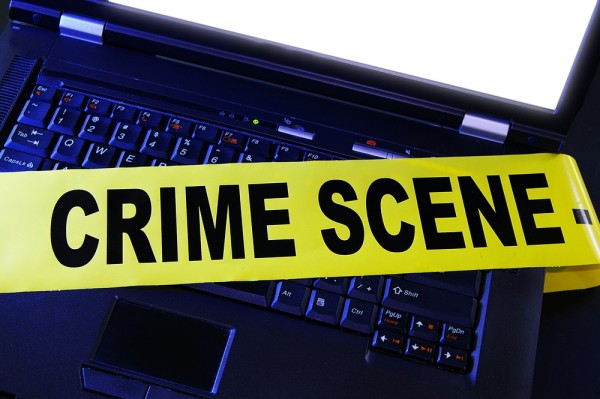Don't be a statistic: tips to prevent or recover from laptop theft

Did you know that a laptop is stolen every 55 seconds in the United States?
I joined those ranks two weeks ago. While out on the road I made a stopover in Center City Philadelphia. Not thinking and in a rush to get to my destination, I left my laptop bag on the front passenger seat. I returned to my car to find the drivers-side window broken and the bag gone.
How could this be? In a downtown area of all places! Worse yet, that laptop's my livelihood! Isn't yours?
Yes, this was my own fault. Since then, I have done much thinking about what I could have done better to protect myself, and other steps I could have taken to prevent this unfortunate event from being such the inconvenience it was.
I've decided to share my research here to help prevent the same thing from happening to you, or if it has and that's why you're here, how to recover.
Before it Happens: Preventing Theft
1. Ensure your equipment is out of sight at all times. This is common sense, but is commonly overlooked (I'm an example!). At home, don't place anything near windows where potential burglars may be able to see it. If in a car, consider storing your equipment in your trunk. While placing it under your seat may seem good enough, if the burglar breaks in he or she may not have enough time to check underneath that seat. Don't send an open invitation, and don't assume any area is "safe".
2. Consider storing your stuff in a non-standard bag. Thieves know what a laptop bag looks like: don't make it easy. Put the laptop in something less appealing. Obviously still follow my previous suggestion, but you're giving yourself a little more protection.
3. Use a login password. Many computer users fail to set a login password because they don't share the computer. A password will protect your personal information from most basic burglars who are more interested in reselling your stuff than stealing your identity.
4. Never, ever store identifiable information on your PC. We store all kinds of things on our computers, but on portable devices we need to be more careful. Don't store tax returns or anything that would give a burglar a clear picture of your identity. Don't store passwords either. Keep those in a safe place, and not on your computer.
5. Always have a backup. The loss of a laptop could mean disaster if you rely on it for your line of work. Ensure that you have a backup of your most important files. Consider backing up to the cloud as well -- this will allow you to access your most important files from anywhere easily, especially in the hectic days following any theft.
6. Consider insurance. If the computer is your livelihood, insure it against theft, damage, or other calamities. Companies such as State Farm or Safeware provide insurance specifically for this reason. That theft's going to happen when you can't afford it.
Recovering from Theft
1. Use identity theft protection. While you may have done everything right to protect yourself, the worst can still happen. Having credit monitoring is a good idea period, and will prevent further problems for you if that burglar turns out to be an identity thief as well.
2. Track it. If you want to have the last laugh against those bastards, use some type of tracking software. With Mac OS 10.7.2 and iOS 5, this comes with iCloud called "Find my Device." Ensure it is set up on all your mobile equipment: it will allow you to lock the device remotely and even wipe it, protecting your sensitive information. For Windows computers, there are services such as GadgetTrak or the open-source Prey. These solutions will help the authorities find your stuff much easier, and dramatically increase the chances of recovery.
3. Change all passwords and make some phone calls. If the laptop is stolen, the first thing you need to do is change your passwords to all critical accounts: banks, e-mail, instant messaging, PayPal, etc. right away. If sensitive information from your employer was on this device, they will need to be contacted. File a police report: you will need this for any insurance claims you intend to make, and obviously if you intend to try to recover it.
4. Check with local pawn shops or Craigslist. Some thieves will attempt to turn over their stolen goods as soon as possible. Alerting local pawn shops of the stolen equipment may be a good idea, and it might also be worth it to check online classified ad sites and local eBay listings. Contact the authorities if you happen to locate it: don't attempt to recover it yourself.
Have you had your computer equipment stolen? Did you learn anything in the process that could help others that we may have missed here? Please share it with us in the comments.
Photo Credit: zimmytws/Shutterstock
